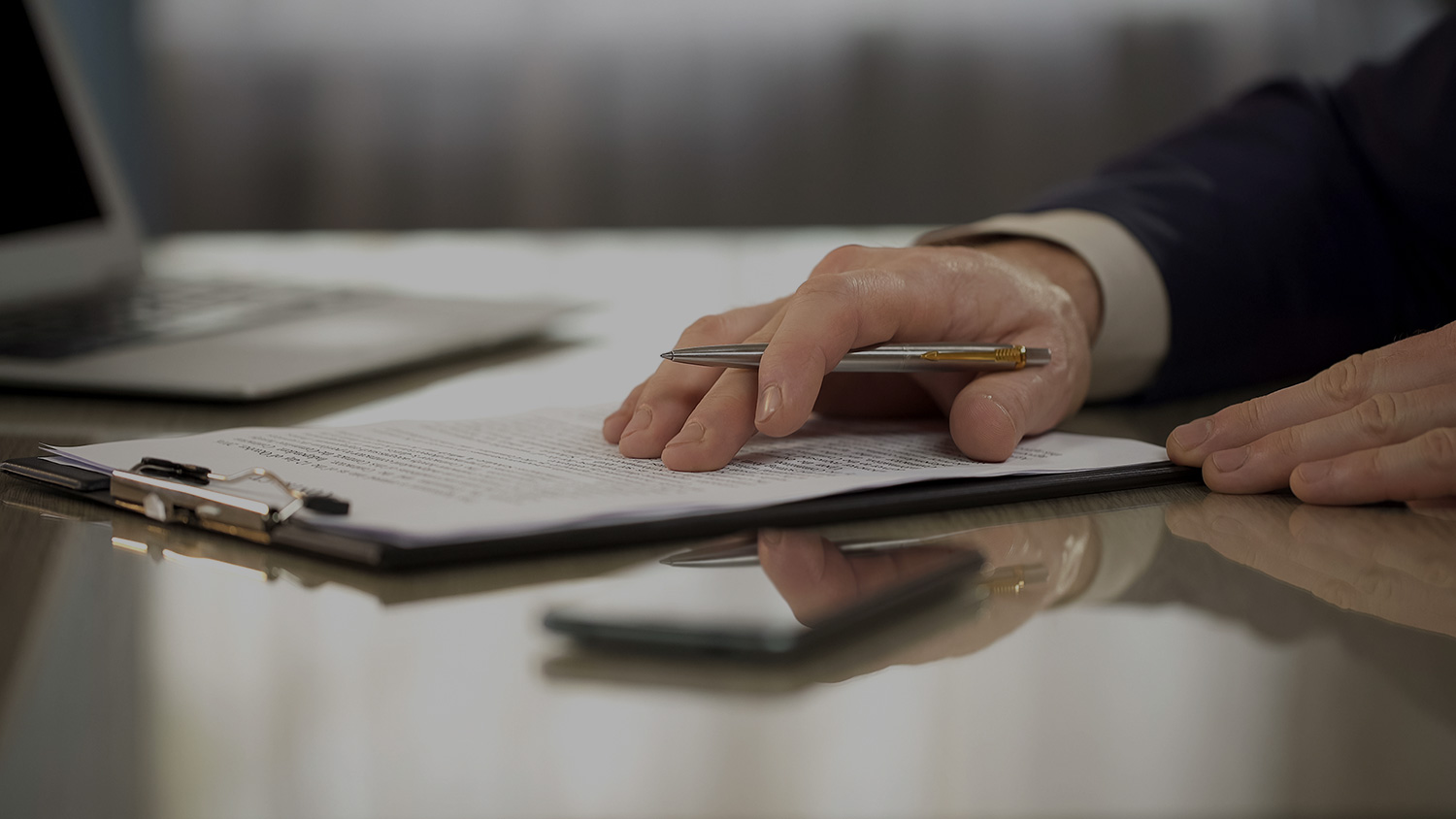Protocols for tourist accommodation facilities
Call us direct on: 9626 445 1000 | 9627 9789 8000
-

PROTOCOLS COV 19
Hygiene and health
- Employees must wear masks while working, including reception stations, and before entering guest rooms.
- Encouraging employees at highest risk according to Appendix A to work from home remotely.
Guests must wear masks when outside the rooms, such as in the hotel lobby or reception. - It must be committed to disinfecting environmental surfaces every day, focusing on places where the possibility of contact is high, especially during the day, such as the reception station, waiting areas, hotel lobby, as well as door handles, dining tables, seat cushions, elevator switches, etc.
- The dirt must be removed with soap and water before the disinfection process, and for disinfection, disinfectants such as sodium hypochlorite compounds are used, and the instructions shown on the product in terms of concentration and method of use are followed.
- Be sure to disinfect toilets and bathrooms every day with approved disinfectants.
- A record of disinfection times for surfaces and toilets should be kept.
- Hand sanitizers should be distributed and placed prominently in gathering areas, corridors and guest rooms.
- Ensure good ventilation in all beneficiaries’ rooms and gathering places.
- Air filters for ventilators, especially air conditioners, must be changed or cleaned periodically.
- Guests’ bags should be disinfected, the luggage trolley is periodically disinfected, and a worker assigned to handle this must be trained in the disinfection process.
- Hotel restaurants apply all restaurant protocol procedures.
- Hotels apply all mosque protocols procedures regarding the application of health requirements for the prayer area.
- Hotels apply all social protocol procedures regarding the application of health requirements for wedding and event halls and be satisfied with what is stipulated in social protocols.
- Hotels apply protocols for gyms and gyms regarding reopening of the gymnasium.
- Massage and Moroccan bath services, if any, should be canceled.
- Swimming pools in hotels should be closed if any.
Social distancing and remote work
- Clear signs or stickers must be placed on the floors of hotels or furnished apartments in the waiting areas, as well as in the reception area, in order to help in the process of social distancing of at least one and a half meters.
- Deactivate and disable interactive screens or ad hoc touch screens for customers.
- Hotel restaurants apply all restaurant protocol procedures.
Monitor symptoms
- Guests should inform hotel staff or furnished apartments if they experience respiratory symptoms or fever.
- Workers should disclose if they experience respiratory symptoms or fever.
Reporting
- A checkpoint must be set up at the main entrance of the hotel or furnished apartments, which includes measuring temperature with a device approved by the Food and Drug Authority and asking about respiratory symptoms (cough or shortness of breath) for all hotel guests.
- Report a case that has a high temperature or respiratory symptoms (cough or shortness of breath) and is suspected of having Covid-19 disease, and specify data and contact numbers for the case to transfer the case to the hospital.
- In the event that a confirmed case is registered between a worker, the protocols approved by the Ministry of Health and the National Center for Disease Prevention and Control must be applied.
- It is preferable to equip isolation rooms in the hotel or allocate a specific floor to isolate suspected or coming cases from outside the Kingdom.
- In the event that there is a residence for the workers, it is preferable to prepare an isolation room for the suspected cases in the residence designated for them in order to be isolated in it so that the competent authorities can communicate with him.
Communicate
- Spreading awareness posters in all entrances to the hotel, reception, lobby, and prominent places, and it is preferable that they be written in different languages and include the following:
- Methods of disease spread and prevention.
- Awareness of washing hands and avoiding touching the eyes, nose, and mouth before washing hands, and urging attention to personal care and health care.
- Follow the etiquette of sneezing and coughing (use the tissue and dispose of it as soon as possible, use the elbow by bending the arm).
- Spreading the culture of correct use of alcohol-based hand sanitizer packages among workers.
Copyright 2021 Amman Airport Hotel

